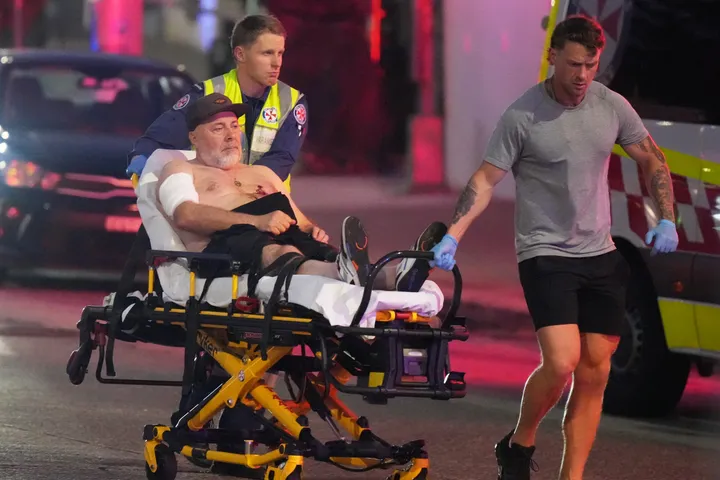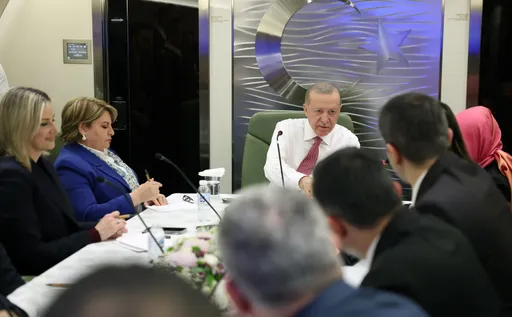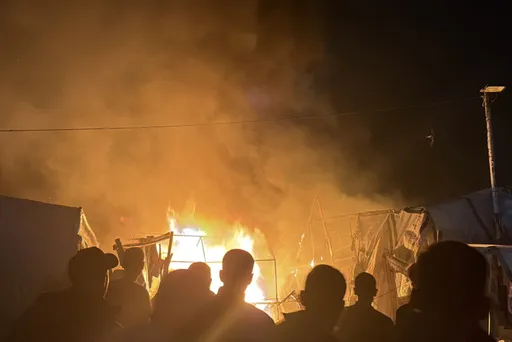An Indian Supreme Court panel has failed to rule on a ban on hijabs in schools, referring the matter to the chief justice after a split decision, and leaving in place a state's ruling against the scarfs worn by women that sparked uproar.
"We have a divergence of opinion," said Supreme Court Justice Hemant Gupta, one of two judges on the panel.
Gupta said he had wanted an appeal against the ban to be quashed while his colleague on the panel, Sudhanshu Dhulia, said wearing the hijab was a "matter of choice".
The chief justice would set up a larger bench to further consider the case, they said but did not say by when that could happen.
Supreme Court decisions apply nationwide.
READ MORE:‘Broken inside’: Muslim women react after Indian court upholds hijab ban
Larger bench
Anas Tanwir, a lawyer for one of the Muslim petitioners who appealed against the Karnataka ban, told Reuters the split verdict was a "semi-victory" for them.
"Hopefully, the chief justice will set up the larger bench soon and we will have a definitive verdict," he said by telephone.
The issue of the hijab ban started when female Muslim students were barred in January this year from entering their classrooms at a government college in the Udupi district in Karnataka because they were wearing hijabs. Subsequently, the issue spread to other institutions in Karnataka, where Muslim girls were barred from wearing hijabs.
The students approached the Karnataka High Court on March 15 this year, which upheld the ban and ruled that "wearing of hijab by Muslim women doesn't form a part of essential religious practice in the Islamic faith."
The students then approached the Supreme Court, challenging the high court verdict.
Muslims are the biggest religious minority group in India, accounting for 13 percent of the population of 1.4 billion, the majority of whom are Hindu.
Critics of the hijab ban say it is another way of marginalising the Muslim community, adding that Modi's Bharatiya Janata Party (BJP), which rules Karnataka, could benefit from the controversy ahead of a state election due by May next year.
The BJP, which draws its support mainly from Hindus, says the ban has no political motive.
READ MORE:India court upholds ban on hijab in schools and colleges
























